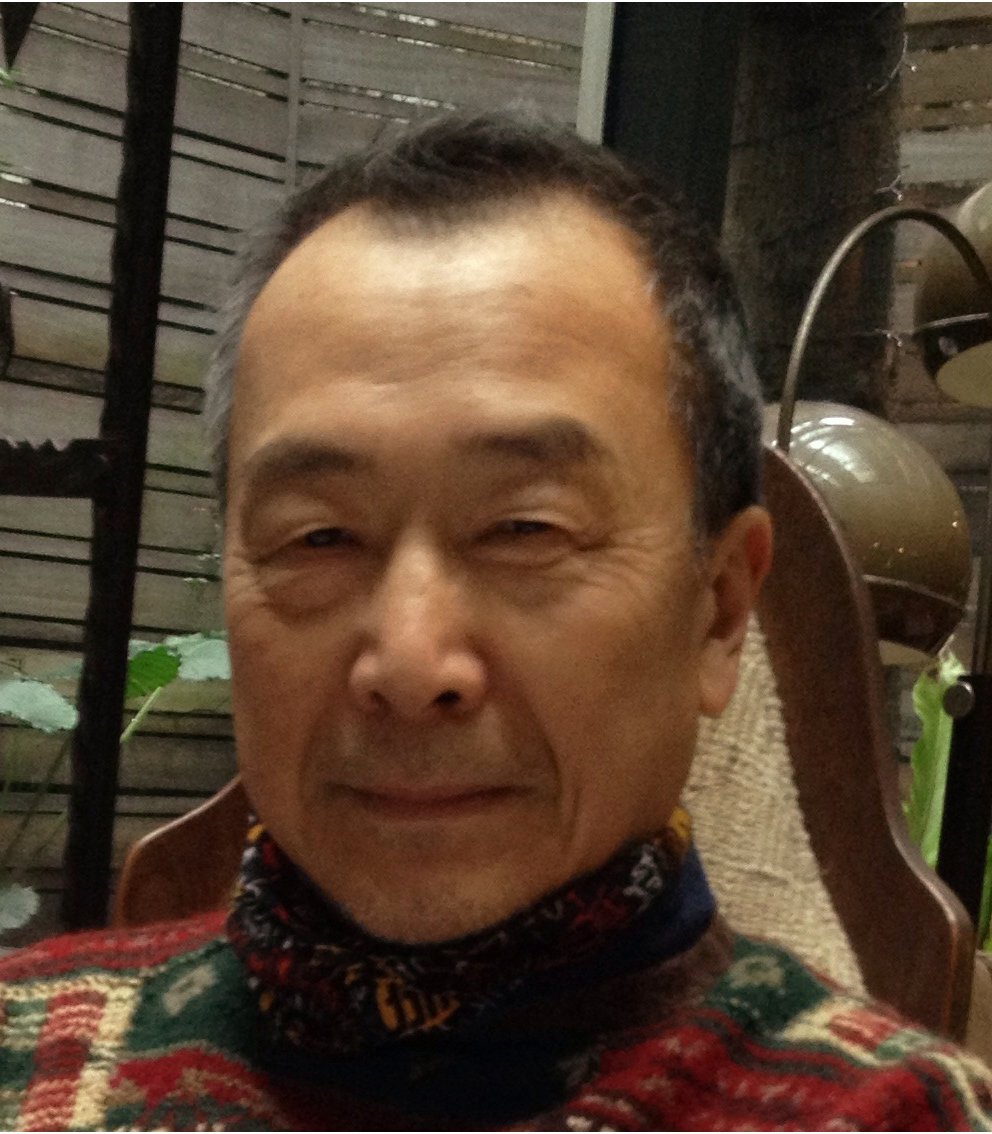|
|
Biography |
|
|
 HC Lee is University Chair Professor of Biophysics at the National Central University and, since early 2012, University Chair Professor of Physics at the Chung Yuan Christian University. He was a Ministry of Education National Chair Professor from 2006 to 2009. Dr. Lee was educated at the National Taiwan University (BSc) and McGill University (PhD). He worked at the Canadian Chalk River Research Laboratories as a theoretical physicist, 1968 to 1993, and served as director of the Center for Mathematical Sciences, 1992-1993. In 1993 he returned to Taiwan to chair the Physics Department of the National Chung Hsing University from 1993 to 1995, when he moved to the Physics Department at the National Central University, where he has been a professor since. Prior to 1997 his research area was quantum field theory and mathematical physics. In 1997 he turned to theoretical and computational biology. From 2006 to early 2012 he was founding director at the Institute of Systems Biology and Bioinformatics at NCU. His Computational Biology Laboratory conducts cross-disciplinary research on computational genomics and systems biology. His current interest is application of functional genomics to cancer stem cell research and the design of repurposed drug compounds for systems treatment of complex diseases, including several types of cancer, type 2 diabetes, and psychic disorders.
HC Lee is University Chair Professor of Biophysics at the National Central University and, since early 2012, University Chair Professor of Physics at the Chung Yuan Christian University. He was a Ministry of Education National Chair Professor from 2006 to 2009. Dr. Lee was educated at the National Taiwan University (BSc) and McGill University (PhD). He worked at the Canadian Chalk River Research Laboratories as a theoretical physicist, 1968 to 1993, and served as director of the Center for Mathematical Sciences, 1992-1993. In 1993 he returned to Taiwan to chair the Physics Department of the National Chung Hsing University from 1993 to 1995, when he moved to the Physics Department at the National Central University, where he has been a professor since. Prior to 1997 his research area was quantum field theory and mathematical physics. In 1997 he turned to theoretical and computational biology. From 2006 to early 2012 he was founding director at the Institute of Systems Biology and Bioinformatics at NCU. His Computational Biology Laboratory conducts cross-disciplinary research on computational genomics and systems biology. His current interest is application of functional genomics to cancer stem cell research and the design of repurposed drug compounds for systems treatment of complex diseases, including several types of cancer, type 2 diabetes, and psychic disorders.
|
|
|
|
|
|
|
Abstract |
|
|
|
|
Functional genomics of cancer stem cells and repurposed drug discovery |
|
|
|
|
|
The sometime disappointing results of standard relapse preventing cancer treatments, include chemotherapy and radiotherapy, have recently been attributed to what are commonly referred to as cancer stem cells (CSCs). Understanding the differences between non-stem-cell-like cancer cells and CSCs are now recognized as crucial for successful cancer treatment. The study of genomic profile of CSCs can lead to insights useful for the development of successful therapies for such cells. We collected the public Gene Expression Omnibus (GEO) database fourteen high-quality CSCs datasets including CSCs from breast, glioma, colon, lung, ovarian, and prostate cancer and conducted functional genomic studies on the datasets. The results divided the 14 datasets into two types. One, the epithelial-mesenchymal transition (EMT) type, dominated by breast CSCs, was highly enriched in genes involved in EMT (but not proliferation) functions, and the other, the proliferation type, dominated by glioma CSCs, was highly enriched in genes involved in proliferation (but not EMT) functions. Our analysis of the effect of known cancer drugs on CSC suggested that a majority of chemotherapy anti-tumor drugs tend to reduce CSC when administered to proliferation-type CSCs, but promote CSC when administered to EMT-type CSCs. These results suggest that novel type-specific CSC targeted therapies are needed for the effective treatment of cancer. |
|
|
|
|